How does ‘Sharing Community’ help to build a fairer, safer, more sustainable and resilient future after crisis?
As parts of the world emerge from the pandemic and others continue to struggle to contain the spread of the virus, the international community must explore how we build a fairer, safer, more sustainable and resilient future after the crisis. Global commitments to recovery spending are already falling short. Only 18% of the announced spending by the world’s leading economies can be considered ‘green’. This is despite an overwhelming amount of people globally demanding significant change to make the world fairer and more sustainable after COVID-19.
Green Action Week (GAW) is a global campaign by the Swedish Society for Nature Conservation (SSNC) which aims to promote sustainable consumption. This year, 26 Consumers International members are participating in the campaign. In this blog, we explore the five major themes of GAW 2021 and how the campaigns around the world will drive change and resilience post crisis, by promoting a culture of sharing community collaboration to promote sustainable consumption patterns.
See what Green Action Week means to our member, Consumer Council of Fiji, below:
1. Food and land-use
Promoting sustainable agricultural practices through sharing community is a core feature of many of this year’s projects. The Consumers’ Association of Penang (CAP) in Malaysia is highlighting how local food and seed sovereignty can push back against intensive, environmentally damaging agriculture.
“The Green Action Week event that we organize annually brings communities closer and the sharing platforms (seeds, gardening, books, urban farming, health tips, zero waste) we have developed ensure its sustainability.” - The Consumers’ Association of Penang (CAP)
Communities will share seeds and knowledge on sustainable cultivation practices, both online and in-person. Many campaigns are exploring the intersection between sustainability and nutrition. For example, TheNetwork for Consumer Protection in Pakistan is setting up community gardens in Rawalpindi city, which at a low cost will improve consumers’ diets whilst adding greenery to urban environments.
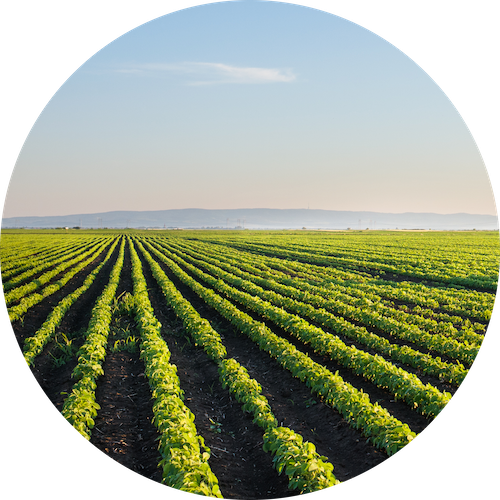
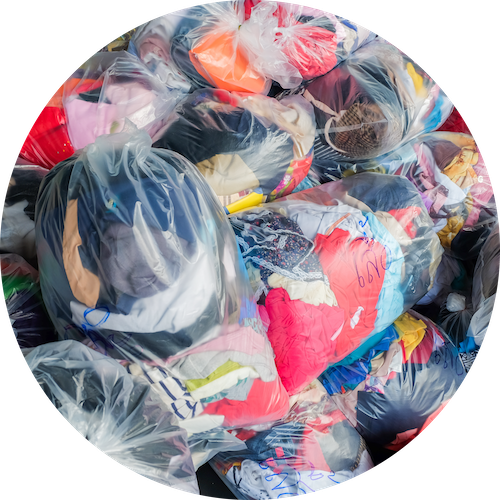
2. Waste reduction
Consumers International members across all regions are organising campaigns which will address pressing waste problems as a result of the pandemic.
In Burundi, for example, leftover and often expired medications can create problems for human health as well as the environment when disposed of unsafely.
The Association Burundaise des Consommateurs (ABUCO) will bring together community members to collect leftover and discarded medicines along rivers, in collaboration with the local authorities. A workshop sharing experiences and testimonies between community members will ensure the partnerships made are resilient and able to respond to future waste problems.
3. Tackling unsustainable consumption of products
This year, some campaigns are leveraging their expertise in consumer advocacy to fight for consumers’ right to sustainable goods and services. By building capacity and experience within consumer advocacy organisations, these campaigns will ensure that the demand for sustainable consumption continues to be heard into the future. For example, the Kenya Consumers Organisation’s campaign will establish community group discussions to share views and experiences on how to monitor goods offered to consumers and to promote greater awareness of sustainable goods and services. In India, the Citizen Consumer and Civic Action Group (CAG), will set up a sharing network of consumers to understand and practice the concept of sustainable consumption.
“Green Action Week helps us feel that we are part of a broader picture and can connect to a bigger international network. There are great initiatives going on all over the world, and we are part of that movement” - Citizen Consumer and Civic Action Group (CAG)
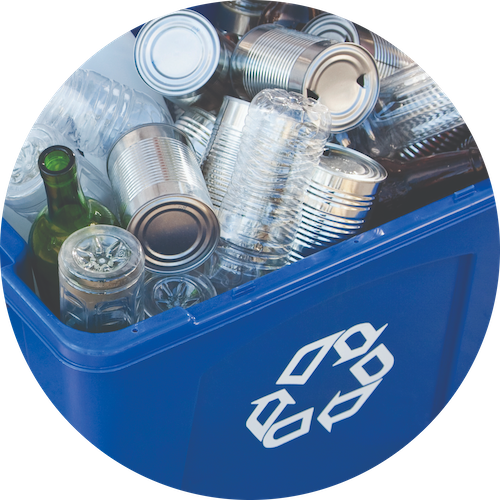
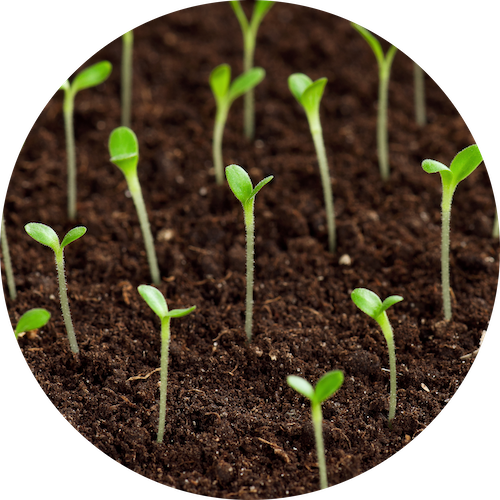
4. Collaborative marketplace enterprises
Market failures are often opportunities for consumers to come together and organise marketplace enterprises that are genuinely inclusive.
In Indonesia, Yogyakarta Consumers Institute (YCI)’s campaign will both conserve local biodiversity through the cultivation of rhizome plants and increase local family incomes through supporting the establishment of herbal medicine businesses. Inclusivity and resilience are key to this campaign.
“The existence of Green Action Week motivates women in the community to share experiences and business opportunities for family herbal medicine, so that in the future, this will bring economic benefits for them.” - Yogyakarta Consumers Institute (YCI)
5. Knowledge and experience-sharing networks
Many campaigns are taking advantage of the growth of digital networks during the pandemic to set up platforms which share important knowledge and experiences.
In Ecuador, Tribuna’s campaign will build on the Collaborative and Responsible Consumption Digital Network created in the 2020s campaign to promote the shift towards alternative consumption systems. Consumers, providers of goods and services, academics and smallholder organic producers will be convened in workshops to exchange views on how consumers can be re-positioned in the value chain.
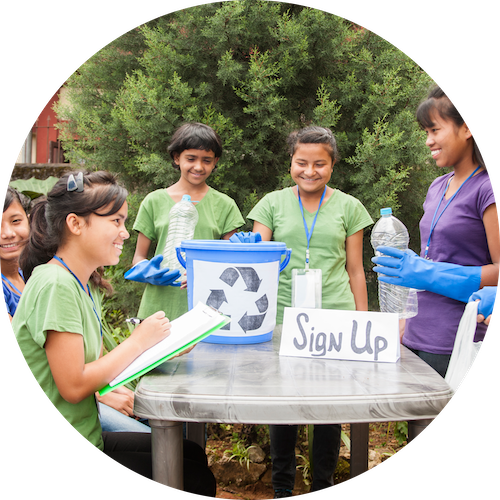
There is strength in the diversity of this year’s Green Action Week campaigns, involving activities as disparate as community manure sharing and intergenerational business incubation. Underpinning the campaigns from each of the above themes, however, is a single common belief: if we want to build a more resilient and sustainable future, now is the time to innovate and scale up meaningful sharing community practices.
Green Action Week will continue to connect people globally to drive patterns of sustainable consumption through all circumstances. Through their Green Action Week campaigns our members are showcasing how we can successfully build a sustainable marketplace that works for all. Read more about the campaigns here.
2021 will be a decisive year for progress towards the Sustainable Development Goals as we approach COP26 this November which seeks to accelerate action towards the goals of the Paris Agreement and the UN Framework Convention on Climate Change. Building on the momentum created by the Green Action Week campaigns, consumer advocates from across the world will be calling for action to protect and empower consumers in the transition to a zero carbon world.
Green Action Week will take place from Monday 4th to Sunday 10th October 2021. Stay tuned with updates on the member projects and join us by using #GreenActionWeek on LinkedIn, Twitter, Facebook, Instagram. We would also love to hear updates about your campaigns or actions you are taking to promote sustainable consumption in your country or region.

